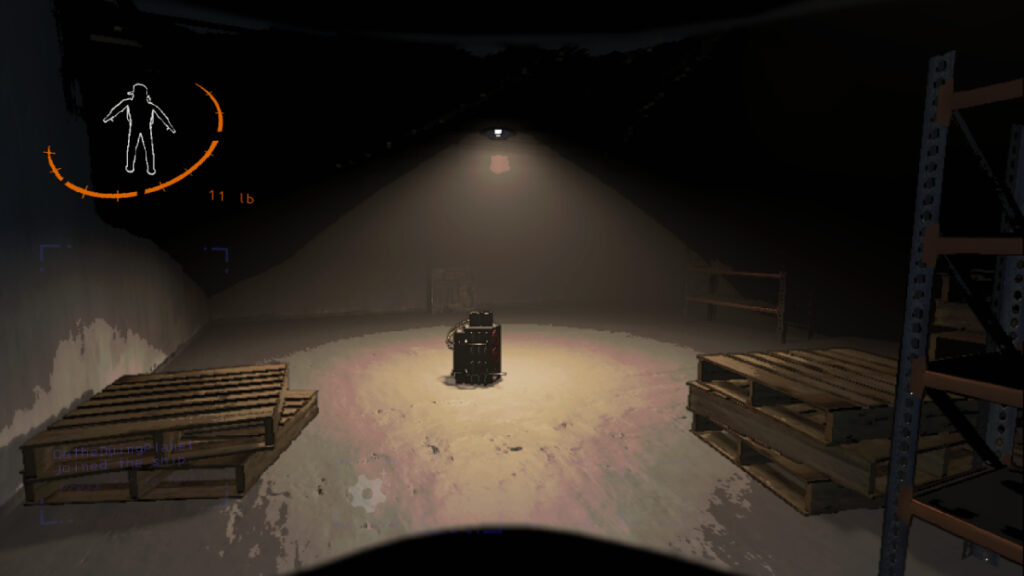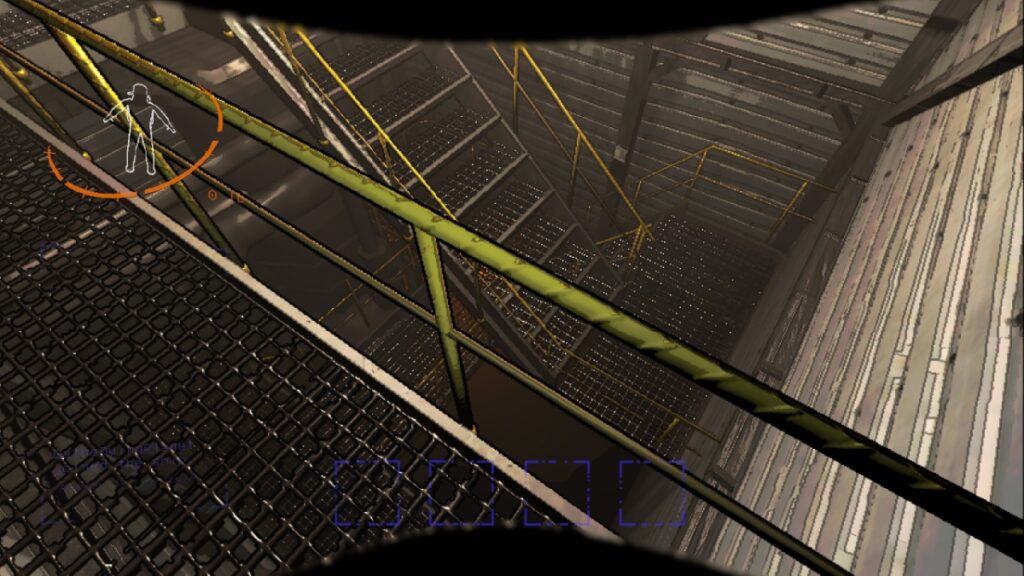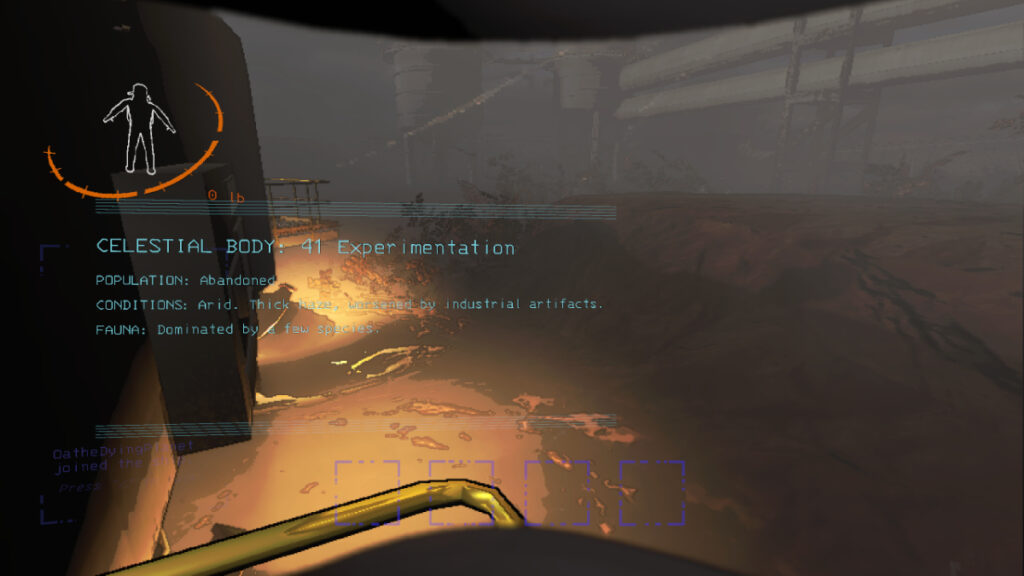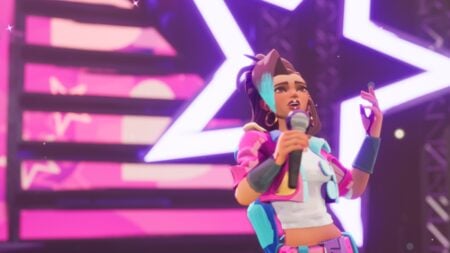Skip To...
With every technological innovation, video game graphics improve. With a current-gen console or high-end PC, astonishing visual fidelity is possible. Faces, buildings, and landscapes look more realistic than ever before. While some games continue to push toward the horizon of ultra-realism, others take inspiration from simpler times. From ASCII art to boxy PS1 villains, video games have found inspiration in some surprising places. Perhaps nowhere is this trend more apparent than in the horror genre. While some classic games get stunning remakes, other titles are planting their flag in the look of past generations. Lethal Company is one great example of the timeless power of low-poly horror.
Low-Poly vs. High-Poly Horror

What is low-poly horror? For our purposes, low-poly horror is a visual aesthetic that takes inspiration from or seeks to emulate the look of PS1 and PS2 titles. Lower resolutions, boxier shapes, and a thick layer of obscuring fog across the map are the defining features of this style of game. Low-poly horror games like Lethal Company can look cartoony, ugly, surreal, or reminiscent of doodles in a sketchbook. What they aren’t is realistic. It’s instantly recognizable in the boxy rooms, blunt wooden pallets, and glaring lights. You can pick these games from a lineup with ease, especially if you played the games that inspired them.
Silent Hill and Resident Evil helped pioneer this visual style, but they’ve moved further and further from it ever since. Thanks to high-profile remakes like Dead Space, Resident Evil 4, and Silent Hill 2, for many players the first introduction to these franchises will be with lifelike graphics. The point of drawing attention to this trend isn’t to bemoan the disappearance of low-poly horror. The classic versions of those games still exist, and indie devs release new low-poly horror games all the time. The point is that the move toward better graphics is also a move away from a certain style of horror.
The Low-Poly Horror of Lethal Company

The low-poly aesthetic of games like Lethal Company is comparable to the film grain of horror films on VHS. At the time they represented tech’s cutting edge, but now they’re nostalgia pieces, dark and distorted in comparison to the titles of today. In a horror game like Lethal Company, the low-poly look isn’t just for show. These visuals limit the player’s information, especially with the combination of unnaturally deep shadows and blanketing fog. When you’re unable to clearly see your surroundings, the imagination takes hold. Lethal Company‘s sound design is tailored to make every footstep in the dark send a chill down your spine.
Lethal Company‘s low-poly aesthetic also reaps the rewards of nostalgia. If you grew up playing Fatal Frame and Silent Hill, Lethal Company is the kind of game that can slide its knife into the weakspot of your childhood anxieties. There are monsters all around, and though you can barely see them at times, you can picture their bizarrely flattened faces all too well. Low-poly horror doesn’t require nostalgia to function. Still, its effect is probably stronger on players with lingering memories of encountering Pyramid Head in nightmarishly boxy corridors. The high-fidelity graphics of Resident Evil Village and the like are stunning, but they sometimes reveal too much, taking the punch out of the moment.
Is the Future of Gaming Low-Poly?

It would be silly to say that the future of gaming is low-poly. It would be equally foolish to suggest that the style is going anywhere. Just like cubism didn’t replace realism in the art world, the creepy, flattened aesthetic of old school games won’t replace the overall trend toward high-poly graphics. The two will coexist. That’s great news not only for players but also for indie dev teams that don’t have the time or budgets necessary to create ultra realistic environments. The more graphical styles that players support, the more freedom developers have to follow their unique visions. Lethal Company is proof that low-poly horror will be with us for a long time to come.
Lethal Company is available for PC in early access.







